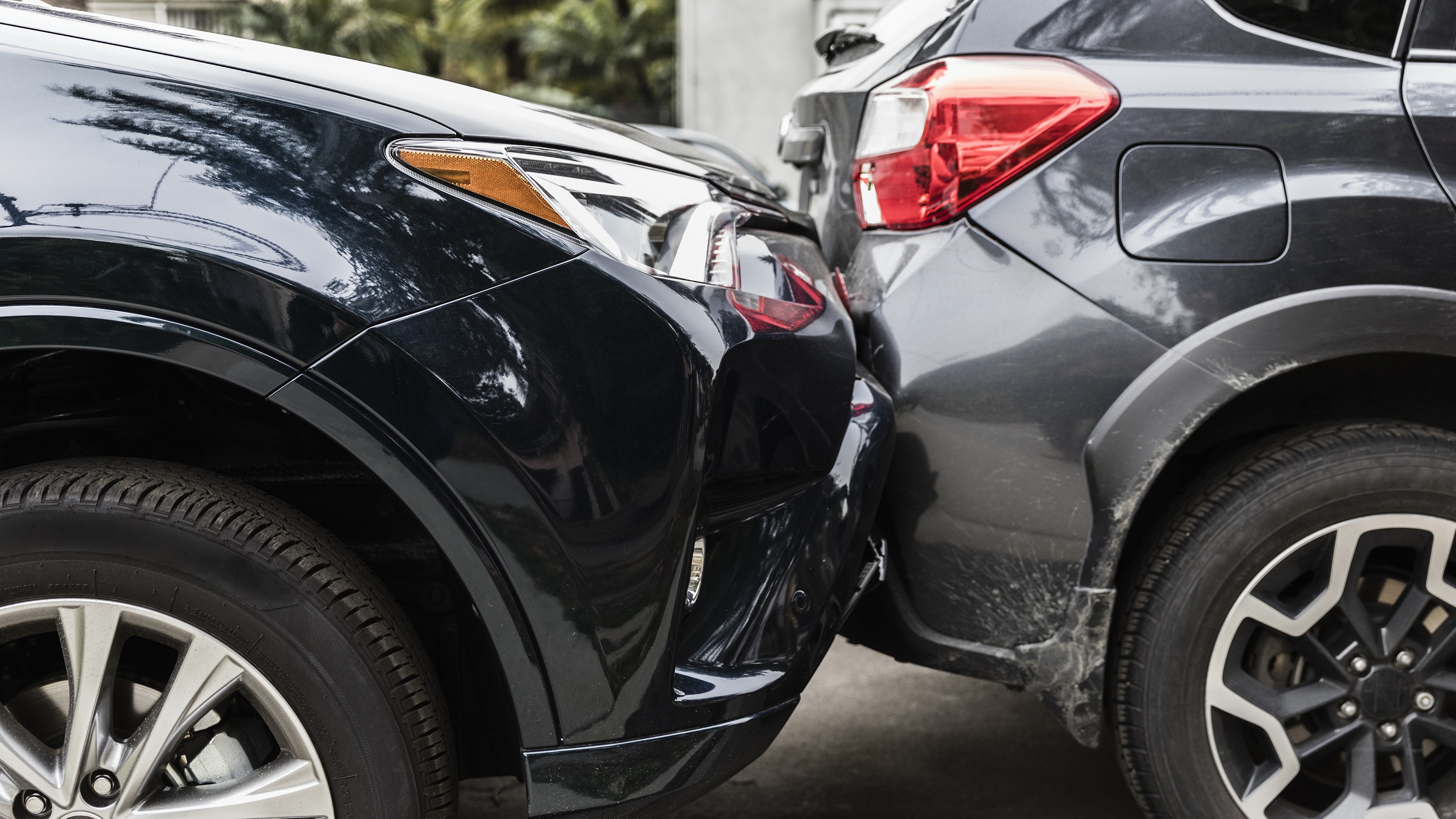Profit and prosper with the best of Kiplinger's advice on investing, taxes, retirement, personal finance and much more. Delivered daily. Enter your email in the box and click Sign Me Up.
You are now subscribed
Your newsletter sign-up was successful
Want to add more newsletters?

Delivered daily
Kiplinger Today
Profit and prosper with the best of Kiplinger's advice on investing, taxes, retirement, personal finance and much more delivered daily. Smart money moves start here.

Sent five days a week
Kiplinger A Step Ahead
Get practical help to make better financial decisions in your everyday life, from spending to savings on top deals.

Delivered daily
Kiplinger Closing Bell
Get today's biggest financial and investing headlines delivered to your inbox every day the U.S. stock market is open.

Sent twice a week
Kiplinger Adviser Intel
Financial pros across the country share best practices and fresh tactics to preserve and grow your wealth.

Delivered weekly
Kiplinger Tax Tips
Trim your federal and state tax bills with practical tax-planning and tax-cutting strategies.

Sent twice a week
Kiplinger Retirement Tips
Your twice-a-week guide to planning and enjoying a financially secure and richly rewarding retirement

Sent bimonthly.
Kiplinger Adviser Angle
Insights for advisers, wealth managers and other financial professionals.

Sent twice a week
Kiplinger Investing Weekly
Your twice-a-week roundup of promising stocks, funds, companies and industries you should consider, ones you should avoid, and why.

Sent weekly for six weeks
Kiplinger Invest for Retirement
Your step-by-step six-part series on how to invest for retirement, from devising a successful strategy to exactly which investments to choose.
Having your homeowners insurance policy canceled on you can be stressful, especially if you live in an area prone to wildfires, hurricanes and other natural disasters.
In fact, policy cancellations and non-renewals are on the rise. The U.S. non-renewal rate climbed from 0.8% in 2018 to 1.06% in 2023, with states like California, Florida and Louisiana hit particularly hard. The trend reflects growing challenges for insurers as they grapple with increasing climate-related risks.
Fortunately, your insurance company is required to notify you in advance that it doesn't plan to renew your policy. Depending on where you live, you may receive this notice anywhere from one to three months before your renewal date. This can give you some time to determine your next steps.
From just $107.88 $24.99 for Kiplinger Personal Finance
Become a smarter, better informed investor. Subscribe from just $107.88 $24.99, plus get up to 4 Special Issues

Sign up for Kiplinger’s Free Newsletters
Profit and prosper with the best of expert advice on investing, taxes, retirement, personal finance and more - straight to your e-mail.
Profit and prosper with the best of expert advice - straight to your e-mail.
Here are four things you can do.
1. Determine why your policy won't be renewed

When you receive your nonrenewal notice, carefully review the document to find out why you're being dropped. Potential reasons include:
- You've filed too many claims
- Changes to your property have increased your risk
- The insurer is dropping that line of coverage
- The insurer is reducing its exposure in your area
- You've committed insurance fraud
- Your credit score has dropped
If you disagree with the reasoning or you want more details, reach out to the insurance company to learn more. Depending on the situation, you may be able to get the insurer to reconsider.
If you believe that the decision is unfair, you may choose to contact your state's insurance department for assistance.
2. Shop around for coverage
Depending on the reason for nonrenewal, you may be able to easily switch to a different insurance carrier. Take your time to shop around and compare quotes from multiple insurers to find the best price for the coverage you need.
It's important to note that getting dropped from your previous insurance provider won't necessarily result in higher premiums with a new one. However, if you were dropped due to hazards, excessive claims or fraud, it can be difficult to find a carrier willing to work with you.
In this case, you may need to turn to a state-run insurance program. Often called Fair Access to Insurance Requirements (FAIR) plans, these policies are designed for people who can't get coverage with a private insurer. Just keep in mind that your premiums may be higher for only basic coverage.
Compare home insurance coverage and rates using our tool, in partnership with Bankrate, below.
3. Improve your home
If your insurer isn't renewing your policy due to liability hazards, making some improvements may help you overturn the decision or improve your chances of securing a policy with a different company.
Potential steps you can take include:
- Replacing your HVAC system
- Repairing on replacing your roof
- Getting back on track with home maintenance
- Removing risky items, such as a trampoline
- Updating your plumbing or electrical systems
- Installing a security system or fire alarm
As you make improvements, be sure to document your upgrades with receipts, permits and before-and-after photos.
You can share these with your current or prospective insurer to demonstrate reduced risk and potentially qualify for better coverage or lower premiums.
4. Notify your mortgage company

Homeowners insurance isn't mandated by law, but most lenders require it to protect their investment. Anytime you switch home insurance companies, you'll need to contact your lender to let them know about the change.
It's important to understand that if you don't find another policy before your current one expires, your lender may purchase a policy for you and pass the cost onto you. This is called forced-place or lender-placed insurance, and it can cost double what you'd pay for a standard home insurance policy.
What's more, a forced-placed insurance policy protects the lender, not you. So, it's crucial that you act quickly. Once you provide proof of coverage, the lender can remove the force-placed policy.
The bottom line
Getting dropped by your homeowners insurance provider can feel overwhelming, but you have options. Understanding the reason for the nonrenewal, exploring alternative coverage options, making home improvements and staying in touch with your lender can all help you take control of the situation.
Start by reviewing your notice carefully and gathering quotes from other insurers. With a proactive approach, you can find a new policy that meets your needs and protects your home.
Related Content
Profit and prosper with the best of Kiplinger's advice on investing, taxes, retirement, personal finance and much more. Delivered daily. Enter your email in the box and click Sign Me Up.

Ben writes about all things personal finance, including consumer credit, credit cards, mortgages, student loans, investing and budgeting, as well as travel. Before his career as a writer, Ben worked in financial planning and insurance, banking and auto financing. After working as a staff writer at NerdWallet and Student Loan Hero, he started freelancing full time in 2018. Ben earned a B.S. in business administration with a finance emphasis from Brigham Young University. He lives near Salt Lake City with his two kids and two cats.
-
 Quiz: Do You Know How to Avoid the "Medigap Trap?"
Quiz: Do You Know How to Avoid the "Medigap Trap?"Quiz Test your basic knowledge of the "Medigap Trap" in our quick quiz.
-
 5 Top Tax-Efficient Mutual Funds for Smarter Investing
5 Top Tax-Efficient Mutual Funds for Smarter InvestingMutual funds are many things, but "tax-friendly" usually isn't one of them. These are the exceptions.
-
 AI Sparks Existential Crisis for Software Stocks
AI Sparks Existential Crisis for Software StocksThe Kiplinger Letter Fears that SaaS subscription software could be rendered obsolete by artificial intelligence make investors jittery.
-
 4 At-Fault States With No-Fault Insurance Rules You Should Know
4 At-Fault States With No-Fault Insurance Rules You Should KnowThink you live in an at-fault car insurance state? These four still have some tricky no-fault insurance laws you should know about.
-
 Is There a Downside to Switching Your Insurance Frequently?
Is There a Downside to Switching Your Insurance Frequently?You keep finding lower rates every time you shop for insurance. Is there any reason not to take the better deal?
-
 No-Fault Car Insurance States and What Drivers Need to Know
No-Fault Car Insurance States and What Drivers Need to KnowA breakdown of the confusing rules around no-fault car insurance in every state where it exists.
-
 Why Your Home Insurance Might Not Protect You If Someone Else Lives There
Why Your Home Insurance Might Not Protect You If Someone Else Lives ThereLetting a relative stay in a second home or inherited property can quietly change your insurance coverage and leave you exposed to costly liability claims.
-
 The 1-Month Rule for Setting Your Car Insurance Deductible
The 1-Month Rule for Setting Your Car Insurance DeductibleThe ideal car insurance deductible balances risk and savings. Here's how to find it.
-
 How Drones Can Affect Your Insurance Coverage
How Drones Can Affect Your Insurance CoverageHow insurers are using aerial imagery to assess homes, the backlash from policyholders and how state regulators are trying to rein in the practice.
-
 Does Your Car Insurer Need to Know All Your Kids? Michigan Cases Raise Question
Does Your Car Insurer Need to Know All Your Kids? Michigan Cases Raise QuestionWho you list on your policy matters more than most drivers realize, especially when it comes to who lives in your home.
-
 Is Home Insurance Tax Deductible?
Is Home Insurance Tax Deductible?With home insurance rates on the rise, you might be hoping to at least claim the cost as a tax deduction. Here's what you need to know ahead of tax season.
